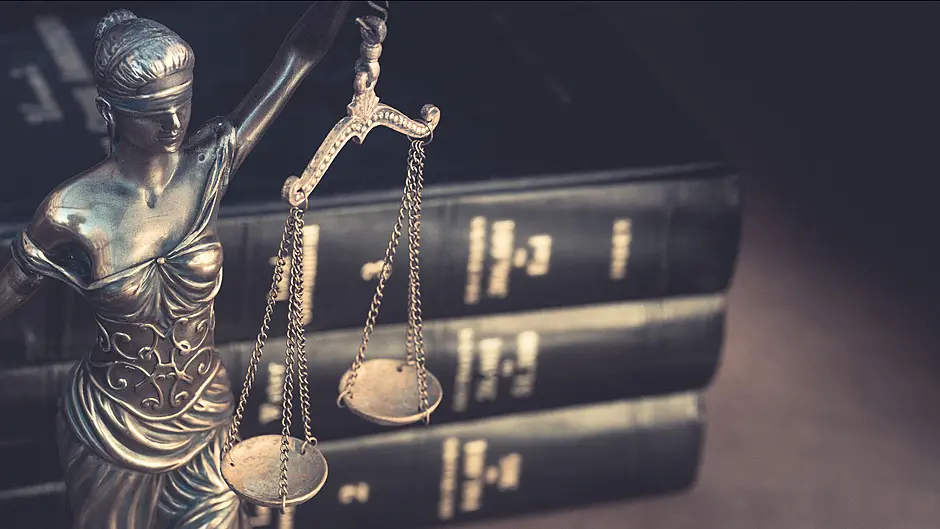A SKIBBEREEN solicitor alleged ‘an abuse of process’ after a microbrewery attempted to block the granting of a dance licence for Connolly’s of Leap.
Colette McCarthy pointed out that the State had no objection to the granting of a restaurant licence, or indeed the renewal of a dance licence that was previously granted to Sam McNicholl of Sam’s Music House Ltd at Connolly’s of Leap under the Public Dance Hall Act of 1935. She made the point to Judge James McNulty at the licensing court in Skibbereen after Kenmare-based solicitor Conor Murphy objected to Connolly’s application for a dance licence on behalf of his client Gordon Lucey of Fia Bán Teoranta, a micro-brewery in Ballyvourney.
Under the 1935 act, Mr Murphy said his client had grounds to make an objection based on ‘the character of the applicant.’
In specific terms, Mr Murphy said his client had entered into a 50:50 agreement with Connolly’s to provide a cold room and to supply the premises exclusively with their product.
The Kerry solicitor alleged that Connolly’s owed his client €3,900, and that the sale of his client’s product had been cancelled.
This, he submitted, amounted to a ‘breach of contract.’ But Colette McCarthy accused the objector of engaging in an abuse of process saying that she had asked for particulars relating to his claim and had received none. ‘There are civil proceedings between business people all the time,’ said Ms McCarthy.
She reminded the court that Mr Murphy’s client had not actually sought a civil remedy. Had the company issued civil proceedings, Ms McCarthy said her client would have met the proceedings with a counterclaim, after Connolly’s spent thousands rectifying a problem with the cold room earlier this year.
‘He is using a hammer to crack a nut,’ Colette McCarthy said of the objection lodged by her colleague.
She also submitted that the abuse of process ‘should not be tolerated by the licensing court.’
Judge McNulty recalled how the 1935 Act was introduced to ‘deal with close dancing’ and how it gave people an opportunity to object on grounds of the licence holder being ‘questionable.’
‘This is not that,’ said the judge, before granting the dance licence. ‘This is a contractual dispute,’ he said.
‘And while this court is of the view that the objector is entitled to move an objection, the court politely declines, so they can sue and counter sue in civil law.’








